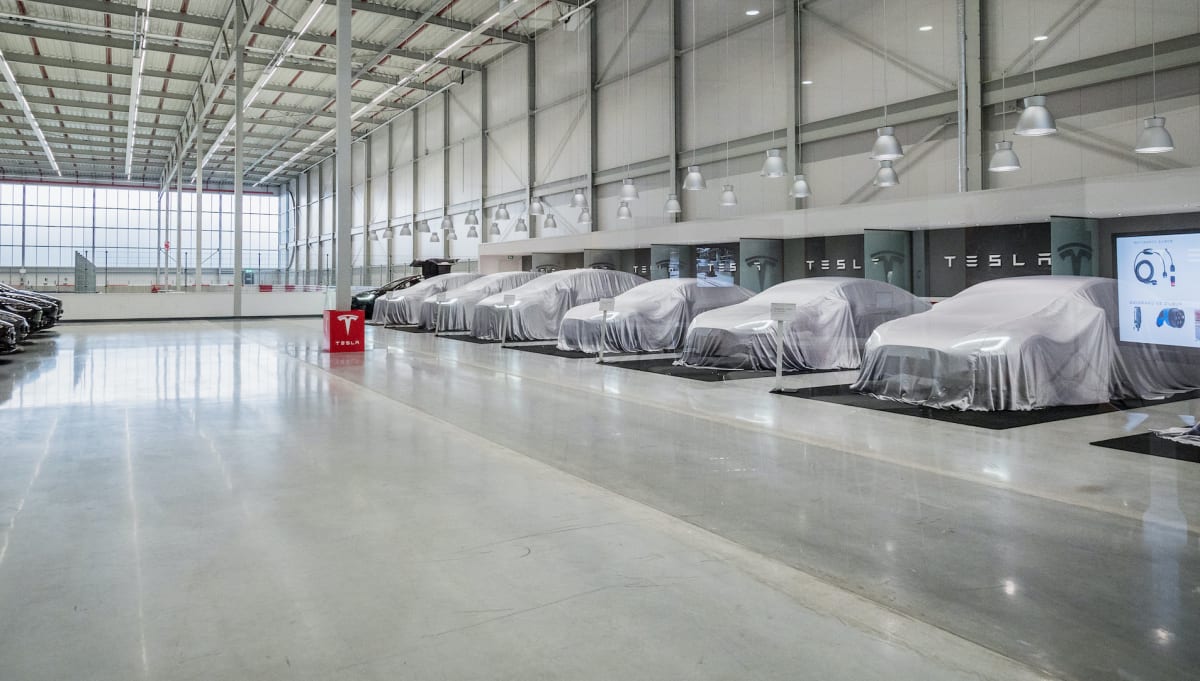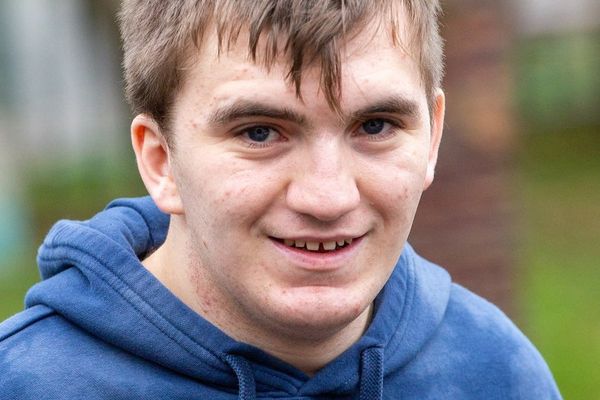
It's been a nightmarish year-end for Tesla.
It is the complete opposite of what its charismatic and visionary CEO, Elon Musk, promised in October.
"We're looking forward to a record breaking Q4," Musk told analysts during the company's third quarter earnings' call. "It looks like we'll have an epic end of year."
He added: "Q4 is looking extremely good."
"I can't emphasize enough [that] we have excellent demand for Q4. We expect to sell every car that we make for as far as the future as we can see. So the factories are running at full speed and we're delivering every car we make and keeping operating margins strong."
"Epic” has become a downright disaster.
Production Paused in Shanghai
A stock market disaster to begin with. Tesla (TSLA) stock lost nearly 37% of its value in December alone, representing around $226 billion drop in market capitalization. Over the full year, Tesla’s stock is down 65%, much to the delight of short sellers who bet on the Model Y and Model 3 maker's short-term stock market crash.
This fall has had a heavy impact on the shareholders of the group, the first of whom is Elon Musk, whose fortune has completely melted away. The billionaire, thus, lost the title of the richest man in the world, now claimed by the French businessman Bernard Arnault, CEO of the luxury group LVMH (LVMUY) .
Musk's net wealth is down $132 billion this year to $139 billion as of December 26, according to the Bloomberg Billionaires Index.
But as if the year was not already bad, the carmaker has just closed its Shanghai factory which serves Asia and Europe. Production in Shanghai was temporarily halted on December 24, one day before the planned date to pause vehicle assembly at this site. Tesla planned to pause production in Shanghai for one week, between December 25 and January 1, according to Reuters.
But it's not customary for Tesla to temporarily halt production in Shanghai at this time of year. In 2021, the group of Elon Musk had not interrupted its production during the holidays in Shanghai.
The firm has not given official reasons for this temporary closure, but it is clear that it coincides with the full resurgence of the Covid-19 pandemic in China. This new wave of Covid-19 cases comes after the relaxation of restrictions put in place to limit the spread of the disease.
Workers at Tesla and its suppliers have been falling sick as part of this wave, posing challenges to operations in the past week, reported Reuters, citing anonymous sources.
Demand May Be the Issue
But the decision could also be linked to weakening demand in China. The automaker has repeatedly lowered the Model 3 and Model Y prices in the country in recent weeks, launched promotional offers and drastically reduced vehicle delivery times. All these signals suggest that production must be higher than demand.
There were also reports that Tesla will reduce output in the Shanghai factory. The move would mark the first time Tesla has voluntarily lowered output levels since the factory was opened in 2018, although Covid-19 restrictions and scheduled maintenance clipped production earlier this year.
Tesla didn't respond to a request for comment.
The Shanghai plant has a production capacity of over 750,000 vehicles per year. Of the 936,222 vehicles delivered by Tesla in 2021, more than half (51.7%), or 484,130, came from the Shanghai factory.
The Austin, Texas-based automaker also seems to be experiencing a demand problem in the United States, the world's other big auto market. It recently doubled, to $7,500, the discount offered to consumers buying a new Model 3 or a new Model Y before December 31.
Tesla's offer is more attractive than the federal tax credit which will come into effect in 2023, because the government has set draconian criteria in order to benefit from it. The tax credit of $7,500 is divided in two: $3,750 will apply if at least 40% of the minerals of the battery powering the vehicle come from the U.S. or a country having a free-trade agreement with the U.S, according to the Inflation Reduction Act (IRA).
The other $3,750 will apply if at least 50% of the battery components come from the U.S. or from countries with a free-trade agreement with the U.S.
December is supposed to be a record month in terms of production and deliveries for Tesla.







